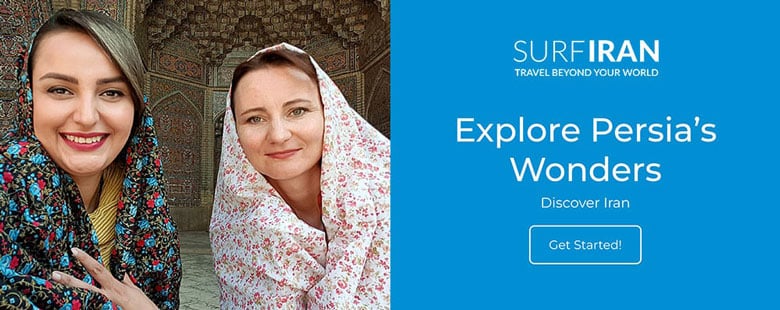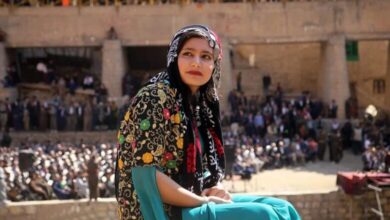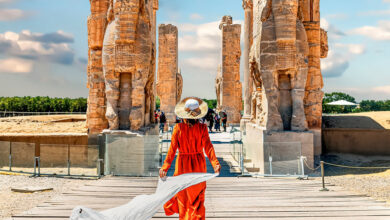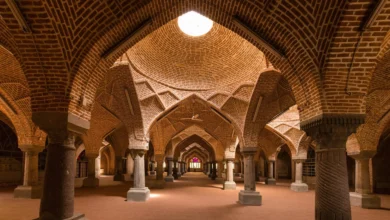Travel to Iran During Ashura: All You Need to Know
Delve into The Unique Atmosphere of Ashura in Iran
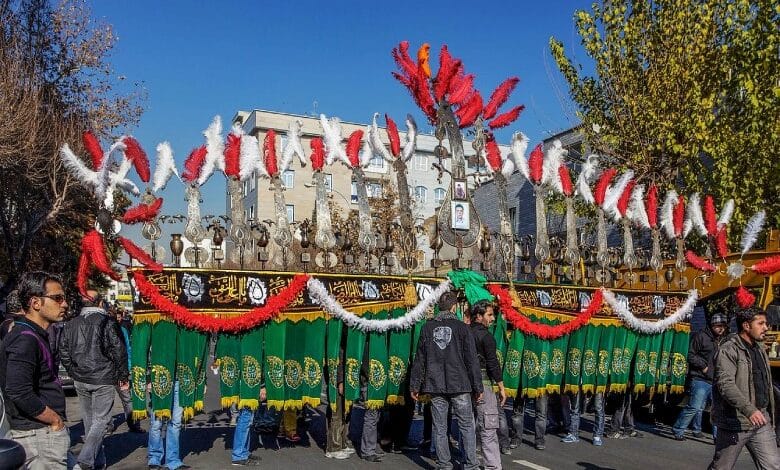
Ashura is a significant cultural and religious event in Iran. Observed by millions of Shia Muslims, it falls on the 10th day of Muharram, the first month of the Islamic lunar calendar, and commemorates the martyrdom of Imam Hussein, the grandson of the Prophet Muhammad.
Contents
The Historical Context
The Battle of Karbala occurred on Ashura in 680 CE. Imam Hussein and his followers were killed by the forces of Yazid, the Umayyad caliph. This event is a tragedy for Shia Muslims, who believe that Hussein was the rightful heir to Prophet Muhammad and that his death was a betrayal of Islam.
Traditions and Ceremonies
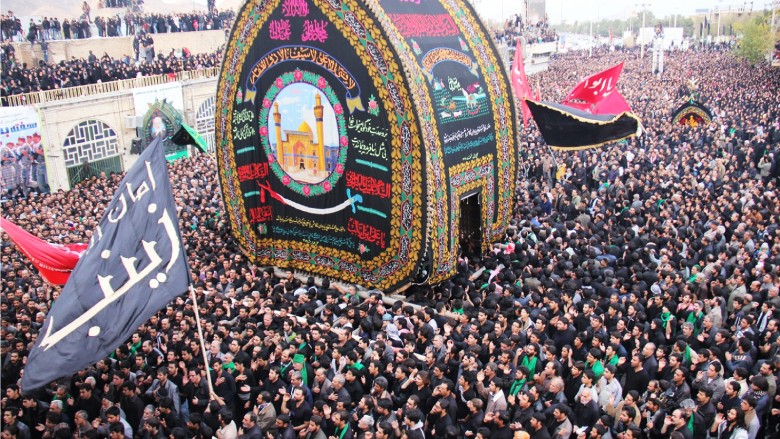
Several traditions mark this solemn occasion:
- Ta’ziyeh: A form of street theater in costume, inspired by the events of the Battle of Karbala.
- Nakhl Gardani: Carrying a large wooden structure symbolizing Imam Hussein’s coffin.
Why Visit Iran During Ashura?
Traveling to Iran during Ashura and Muharram offers a unique glimpse into one of the most important events for Shia Muslims. It’s an opportunity to experience Iranian hospitality and gain insights into local culture.
What to Expect
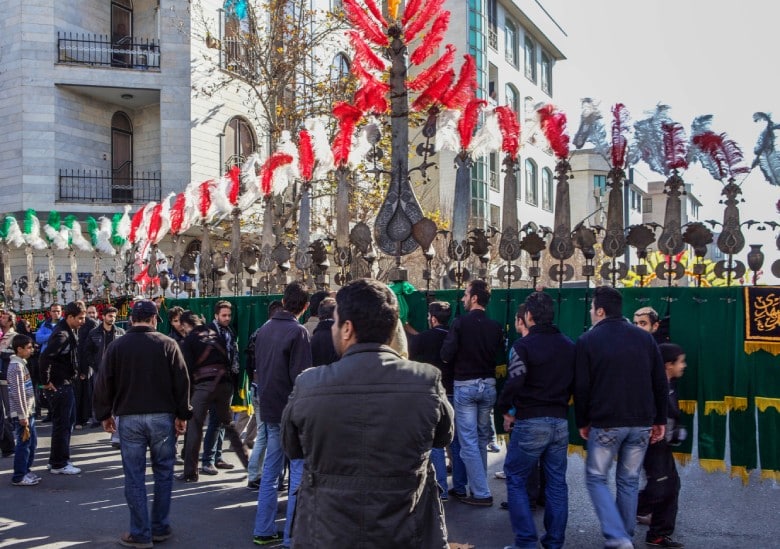
During Ashura, Iran’s atmosphere changes significantly. Government offices, universities, bazaars, and museums close, creating a reflective and respectful environment.
Learning About Imam Hussein
Muharram is a month of remembrance and mourning. The commemoration peaks on the 10th of Muharram, known as the Day of Ashura, marking the day Imam Hussein and his followers were deprived of water and subsequently killed.
Ashura Activities in Iran
For ten days, believers gather in mosques and makeshift tents, participating in mourning ceremonies and processions. Food offered as a pledge to Imam Hussein is distributed, believed to have healing properties.
Ta’zieh in Iran
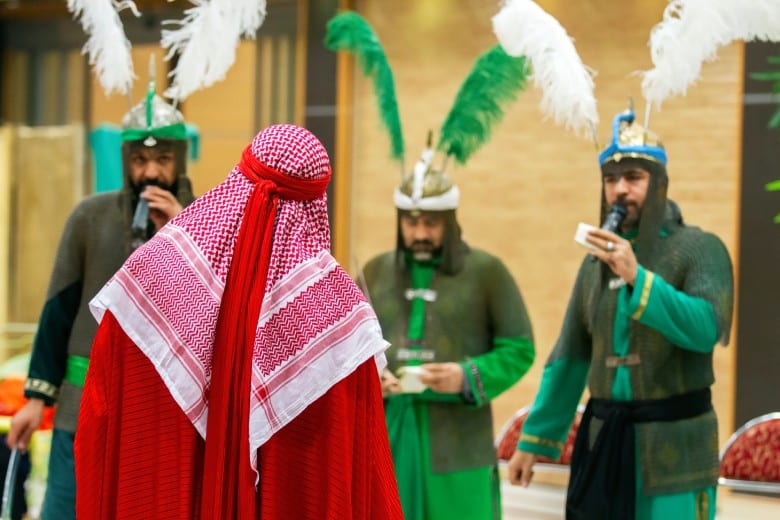
One of the most notable traditions is the theatrical re-enactment of the Battle of Karbala, known as Ta’zieh. Inscribed in 2010 on UNESCO‘s list of intangible cultural heritage, Ta’zieh remains significant, especially in rural areas.
Visitor Guidelines During Ashura
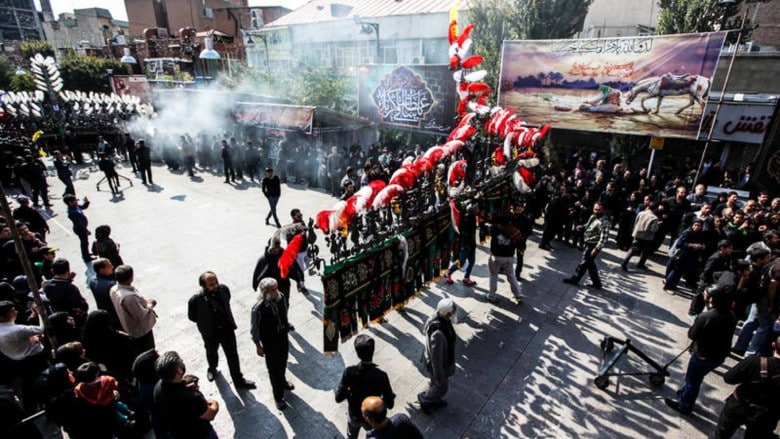
Visitors should be respectful of local customs. While there are no strict limitations, it’s advisable to avoid wearing bright colors, especially on the Day of Ashura. Most attractions like museums will be closed on Tasu’a (September 18, 2018) and Ashura (September 19, 2018). However, grocery stores and restaurants usually remain open.
Experiencing Ta’zieh in Iran
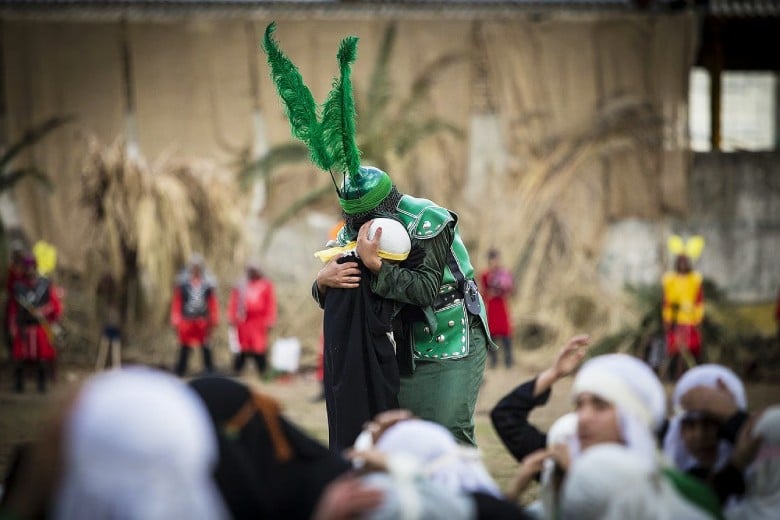
Here are some notable places to witness a Ta’zieh ritual:
- Taziyeh Saray-E Kan (Tekyeh Dar-Ghazi), Tehran
- Iranian Artists Forum (Khaneye Honarmandan Iran), Tehran
- Taziyeh Nooshabad, Kashan
- Hosseinieh Ghasem Ibn-Alhussein, Natanz
- Amir Chakhmaq Complex, Yazd
- Hosseinieh Azam, Baraghan
Conclusion
Visiting Iran during Ashura offers a profound and enriching experience. It’s an opportunity to engage with Iran’s deep-rooted cultural and religious traditions, making it a memorable journey for any traveler.
If you have any questions or need further information, feel free to reach out. Safe travels!

